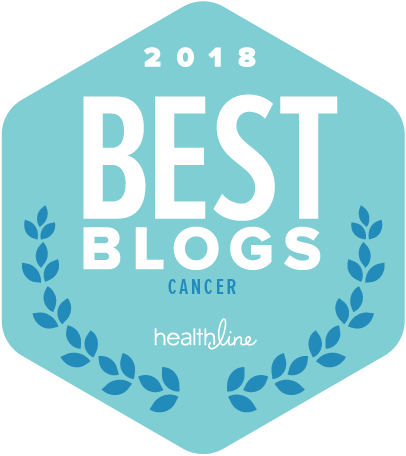
The health and safety of the women we serve and everyone throughout our SHARE community is our top priority! As the coronavirus (COVID-19) situation unfolds, we want you to know that we are here to support you, and when needed, will be extending our programs and services to reach you in the comfort of your own home. We will continue to provide updates by email, and our helpline at 844.ASK.SHARE is always available to answer any questions or concerns you may have. Please visit our website for information about online and telephone support services that are available at this time.
As cases of the novel Coronavirus are reported in the U.S., we want to update you on what SHARE is doing to prepare, and share some specific information and resources for cancer patients:
SHARE’s Contingency Planning
SHARE is following recommendations from local governments and departments of health regarding cancelling in-person events. On March 8, NYC Mayor De Blasio advised those with cancer or a weakened immune system to avoid unnecessary events and gatherings. With that in mind, we are moving some of our in-person programming for cancer patients to be accessible remotely.
English Language Support Groups:
- Starting Monday, March 16 through the end of June, SHARE will offer our in-person support groups using a conference call dial-in option. This means that instead of meeting in-person, both participants and facilitators can call in via a toll free number during the time of your regular group.
- We will notify support group facilitators and attendees in the coming days to update them with call-in information.
English Language In-Person Education Programs:
- Starting Monday, March 16 through the end of June, SHARE will provide online connectivity to any in-person education programs through FacebookLive and GoToWebinar.
- We will notify registered participants by email or phone about connection information for in-person programs that will become call-in or online programs.
Spanish Language Support Groups and Education Programs:
- Starting Monday, March 16 through Saturday, April 11, SHARE’s Spanish Language support groups will offer the option to call-in, but will also continue to have the option to meet in-person. We will move those groups to a call-in only group on a case by case basis.
- We will notify support group facilitators and attendees in the coming days to update them with call-in information.
Ambassador Program and Pink and Teal Seminars:
- These educational outreach and education programs for the general public will continue in-person at this time.
- The NYC Dept of Health is currently not recommending the cancellation of in-person events and gatherings. We will update our community as the situation develops.
A Word From Dr. Axelrod
We recently sat down with Dr. Deborah Axelrod, Breast Surgeon of NYU Perlmutter Cancer Center to hear her recommendations about what cancer patients need to know about the coronavirus.
Fast Facts
- Coronaviruses are a family of viruses that cause mild illnesses like a cold, to more serious illnesses like pneumonia.
- Commonly reported symptoms include fever, cough or shortness of breath.
- Cancer patients are one of the groups that may be more vulnerable to COVID-19, as well as people over 70 and individuals with underlying health conditions such as heart, lung, or kidney disease.
 What You Can Do to Protect Yourself and Others from Coronaviruses
What You Can Do to Protect Yourself and Others from Coronaviruses
- Avoid touching your eyes, nose, and mouth.
- Wash your hands often with soap and water for at least 20 seconds, especially before eating; after going to the bathroom; and after blowing your nose, coughing, or sneezing. If soap and water are not available, use a 60% alcohol hand sanitizer.
- Avoid close contact with people who are sick and stay home when you are sick.
- Cover your cough or sneeze with a tissue, then throw the tissue in the trash.
- Clean and disinfect frequently touched objects and surfaces using a regular household cleaning spray or wipe.
Recommendations for Cancer Patients
Speak with your doctor if you have concerns about your risk for COVID-19 being higher as a result of current or past cancer treatment. Someone who is in treatment and/or living with cancer may have a higher level of risk than someone who is many months and years post treatment and living disease free.
CDC recommendations for those at a higher risk of serious illness from COVID-19 :
- Stay Home
- Wash your hands often
- Avoid close contact (6 feet, which is about two arms lengths) with people who are sick.
- Clean and disinfect frequently touched surfaces.
- Avoid all cruise travel and non-essential air travel.
- Call your healthcare provider if you have concerns about COVID-19 and your underlying condition, or if you are sick.
Also Important:
- Continue to go to your treatment appointments and doctor’s visits as instructed by your health care providers.
- Stay calm and stay informed. For the most accurate, up-to-date information follow updates from the CDC and your local health department, such as NYC Dept. of Health.
- Cancer patients, survivors, and their caregivers should get the flu shot.
Helpful Resources
- CDC Coronavirus website
- CDC Recommendations for Higher Risk Individuals
- CDC Travel Advisory
- NYC DOH Coronavirus Website
- Find Your Local Department of Health
This post was last updated on Monday, March 27 at 12pm.



You must be logged in to post a comment.